Corn is a staple in many American diets, enjoyed in various forms such as corn on the cob, popcorn, and corn syrup. While it offers nutritional benefits, it’s important to be aware of the potential side effects associated with its consumption. Here are 12 side effects of eating corn that Americans should be mindful of.
1. Potential for Mycotoxin Contamination
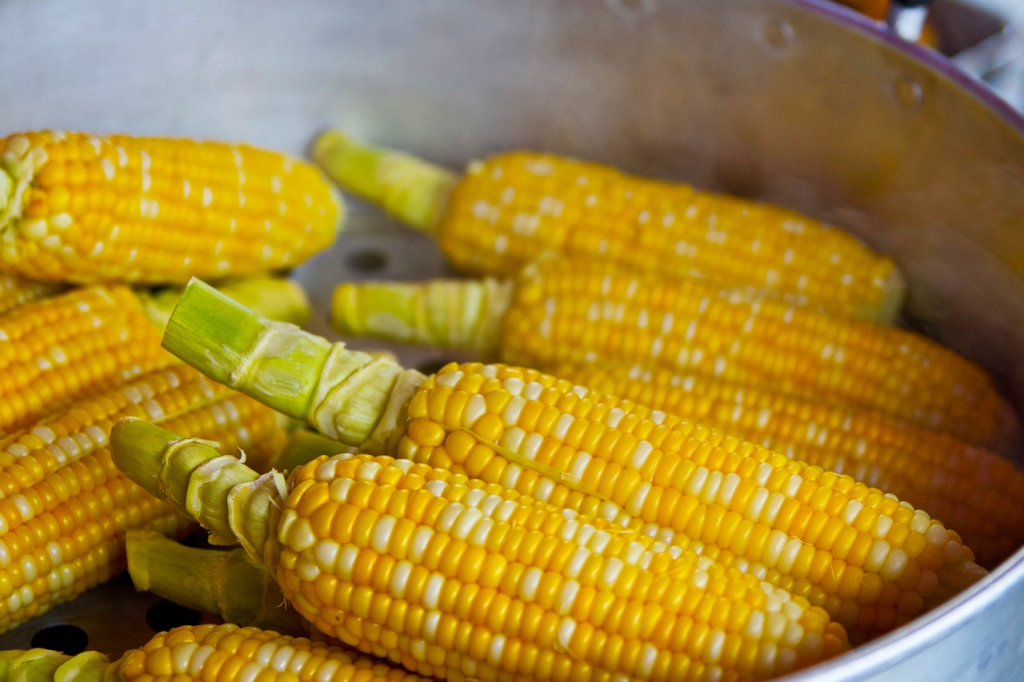
Corn is particularly susceptible to mycotoxins, harmful compounds produced by fungi that can contaminate crops.1 According to a study published in the Journal of Food Control, corn samples in the United States have been found to contain mycotoxins such as aflatoxin and fumonisin. These toxins can cause serious health issues, including liver damage, a weakened immune system, and even cancer if consumed in large quantities over time.
Read More: Woman Asks If She Was Wrong For Refusing To Share Food With Housemate’s 6-Year-Old
2. Risk of Pellagra
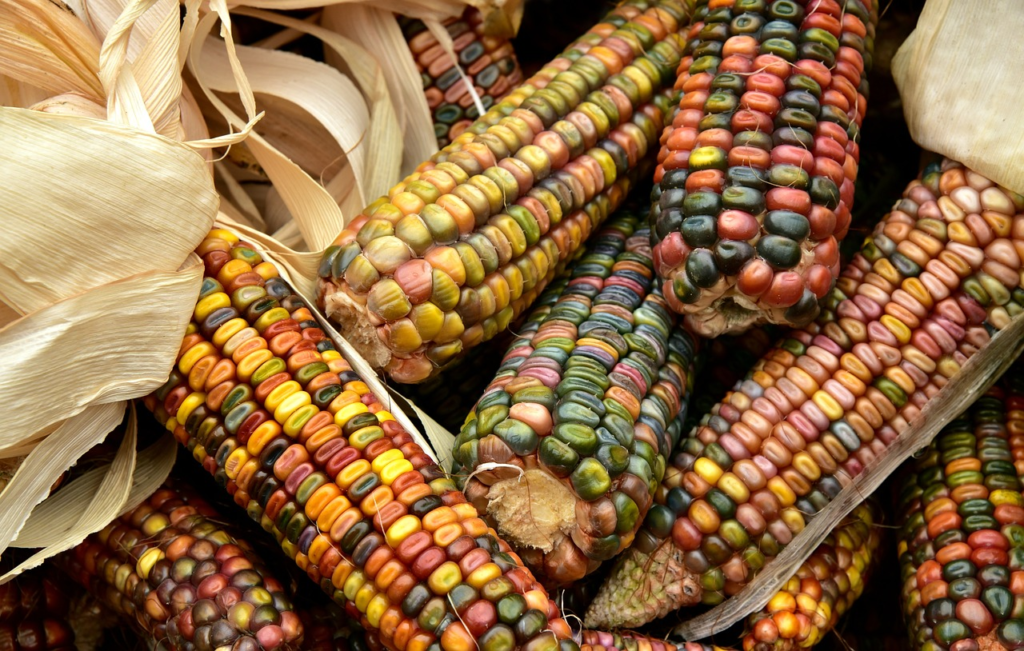
Pellagra is a disease caused by a deficiency of vitamin B3 (niacin). Corn is naturally low in niacin and contains compounds that inhibit its absorption. If corn is a major part of your diet without sufficient supplementation of other niacin-rich foods, you may be at risk for pellagra. This condition can lead to symptoms such as diarrhea, dermatitis, and dementia.
3. Allergic Reactions

Although rare, some people are allergic to corn. Symptoms of a corn allergy can range from mild reactions like hives and itching to severe anaphylaxis, which requires immediate medical attention. The proteins in corn are often the culprits behind these allergic reactions, according to the American Academy of Allergy, Asthma, and Immunology.
4. Increased Risk of Heart Disease
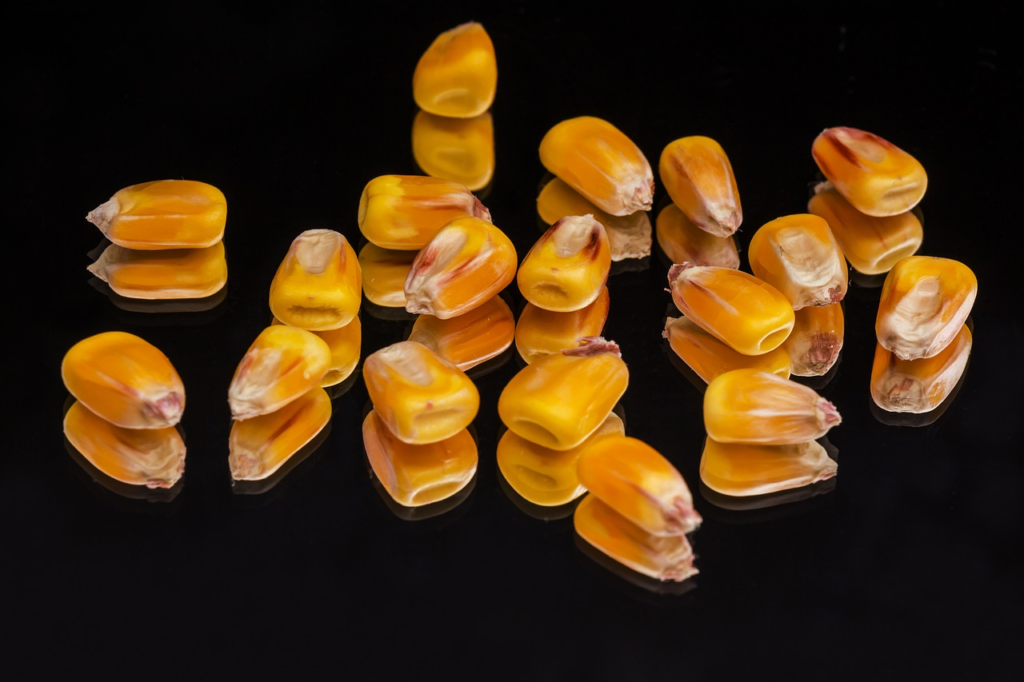
Corn oil, which is high in omega-6 fatty acids, is commonly used in cooking. While omega-6 fatty acids are essential in small amounts, excessive consumption can promote inflammation, which is linked to heart disease. A study published in the National Library of Medicine found that diets high in omega-6 fatty acids, such as those rich in corn oil, can increase the risk of cardiovascular issues.
5. Digestive Issues and Corn Sensitivity

Corn contains high levels of cellulose, a fiber that some people find difficult to digest. This can lead to bloating, gas, and abdominal pain, particularly in individuals with irritable bowel syndrome (IBS). Additionally, some people may be sensitive to corn, which can cause digestive discomfort and skin rashes.
Read More: 9 Non-Food Items You Should Always Keep in The Fridge
6. High Carbohydrate Intake

Corn is high in carbohydrates, particularly starch, which can be a concern for people with diabetes or those trying to manage their weight. According to the USDA, one cup of corn kernels contains about 123 grams of carbohydrates. High carbohydrate intake can lead to increased blood sugar levels, making it important to consume corn in moderation.
7. Potential for Increased Inflammation

Processed corn products, such as high-fructose corn syrup, have been linked to increased inflammation in the body. Inflammation is a risk factor for various chronic conditions, including heart disease and diabetes. The Journal of Nutrition has highlighted the connection between high-fructose corn syrup consumption and elevated inflammatory markers.
8. Significant Weight Gain
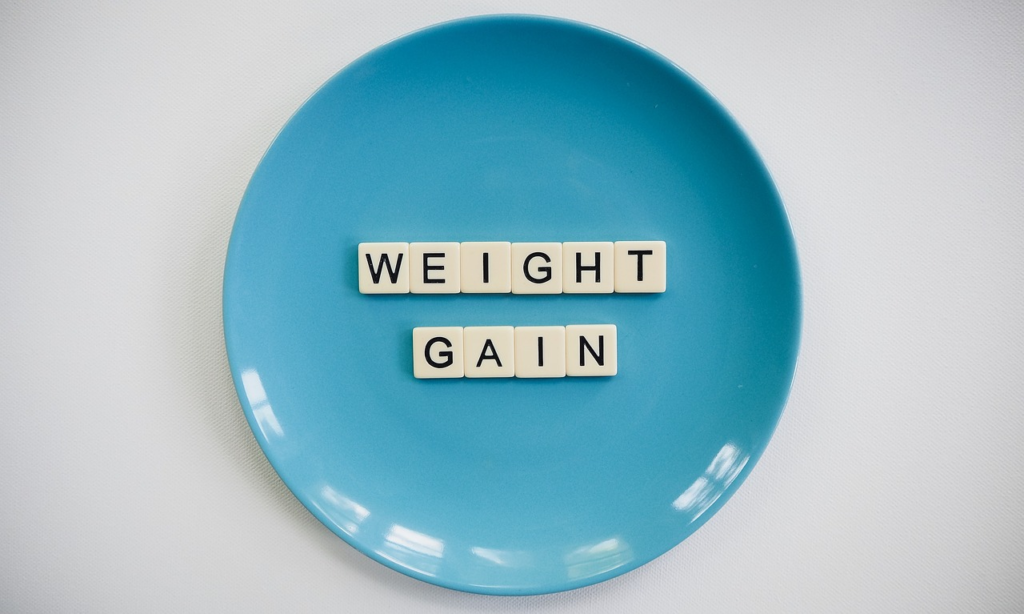
Corn is calorie-dense, with one cup of corn containing about 177 calories. Additionally, corn is often consumed with high-calorie toppings like butter or salt, further increasing the calorie count. Regularly consuming large quantities of corn can contribute to weight gain, especially if you’re not mindful of portion sizes.
9. Corn Allergy and Sensitivity
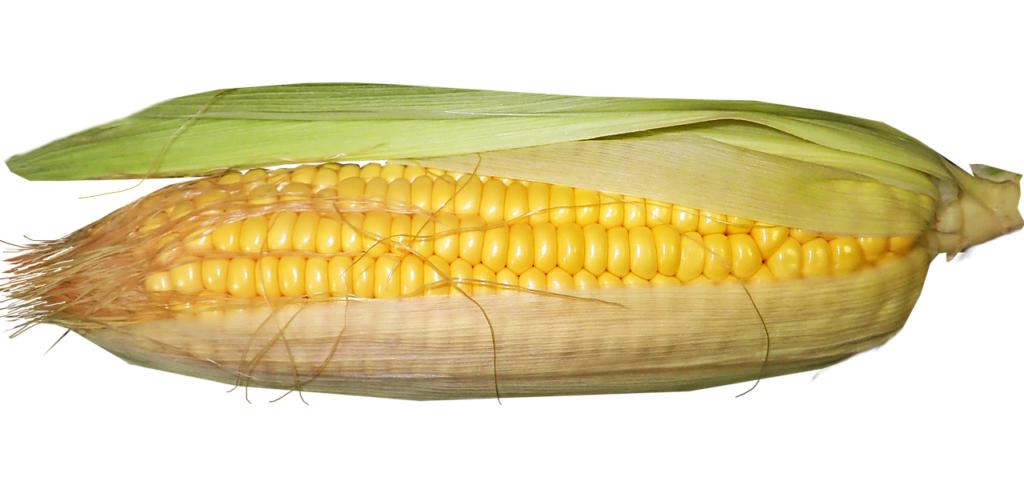
Some individuals may experience sensitivity to corn, which can cause digestive issues and allergic reactions. Corn contains lectins and zein proteins that can trigger immune responses in certain people, leading to inflammation and discomfort. Unlike a full-blown allergy, sensitivity typically results in milder symptoms, but they can still be bothersome.
10. Bloating and Flatulence

The high fiber content in corn can cause bloating and flatulence in some people. Foods high in fiber and certain carbohydrates can be hard to digest, leading to gas and uncomfortable swelling. The Mayo Clinic suggests that consuming corn in smaller amounts and chewing it thoroughly can help reduce these symptoms.
11. Nutrient Deficiencies

Relying heavily on corn as a dietary staple without balancing it with other nutrient-rich foods can lead to deficiencies. Corn lacks essential amino acids like lysine and tryptophan, which are necessary for protein synthesis in the body. The National Institutes of Health recommends supplementing diets high in corn with other protein sources to avoid nutritional imbalances.
12. Genetically Modified Organisms (GMO) Concerns
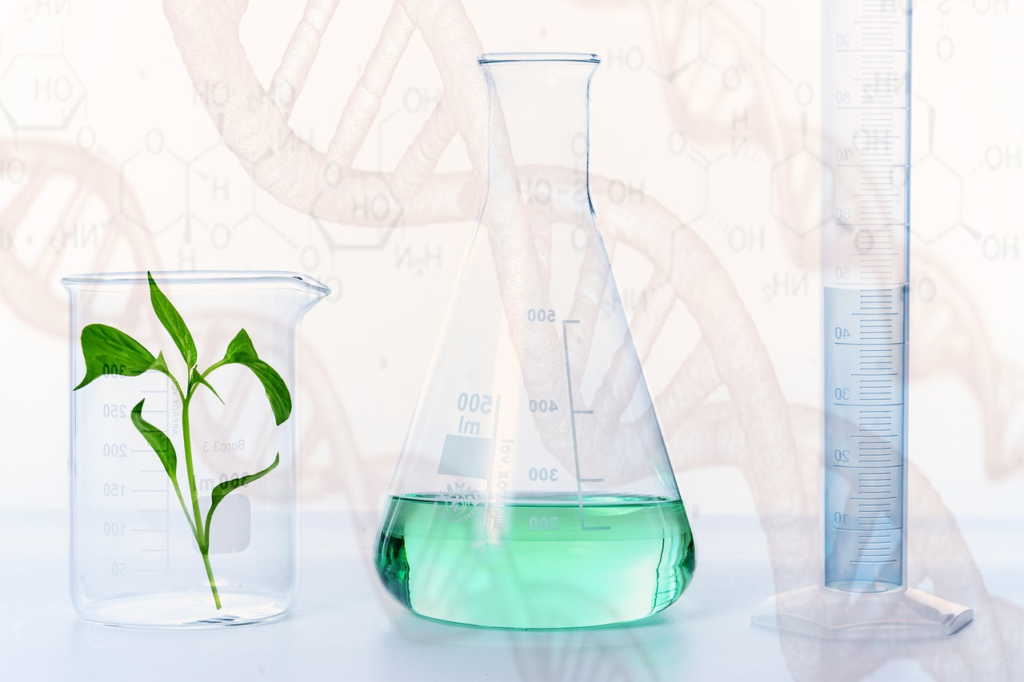
Most corn grown in the United States is genetically modified, raising concerns about its potential health risks. GMO corn has been linked to changes in gut flora and potential toxic effects on organs like the liver and kidneys. A study published in the International Journal of Biological Sciences found that GMO corn consumption caused adverse effects in lab animals, highlighting the need for further research on its long-term impacts on human health.
Conclusion
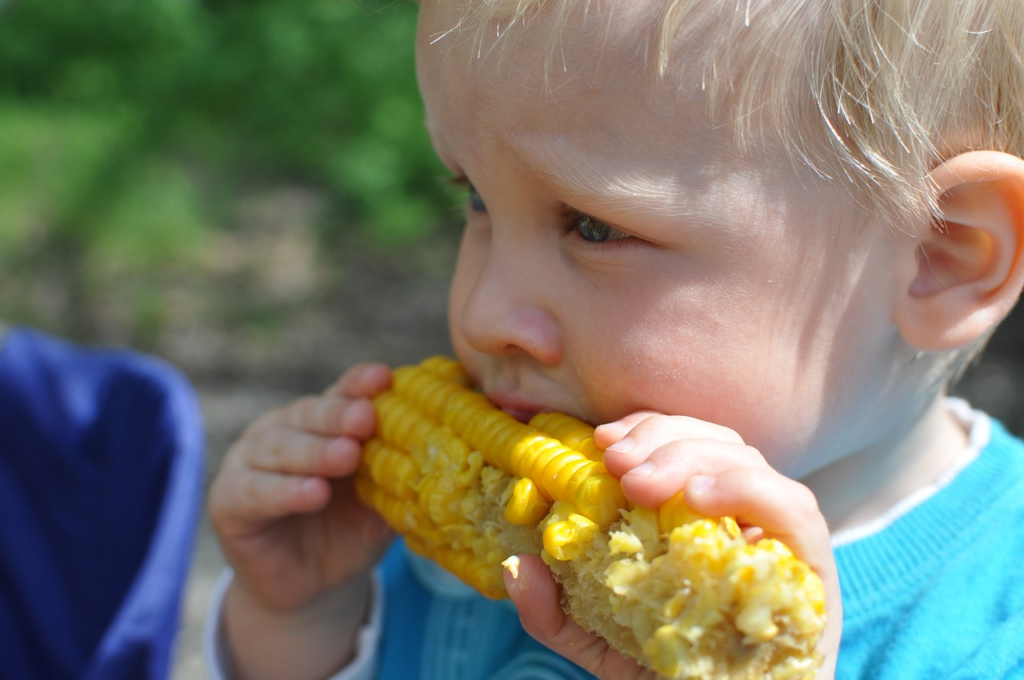
While corn is a versatile and nutritious food, it’s essential to be aware of the potential side effects associated with its consumption. From digestive issues to concerns about GMOs and nutrient deficiencies, understanding these risks can help you make informed dietary choices. As with many foods, moderation and balance are key to enjoying corn as part of a healthy diet.
Read More: Couple arrested after 10-year-old son, weighing 36 pounds, found searching for food: report
Sources
- “10 Habits That Will Completely Change Your Life.” Village of Reserve

